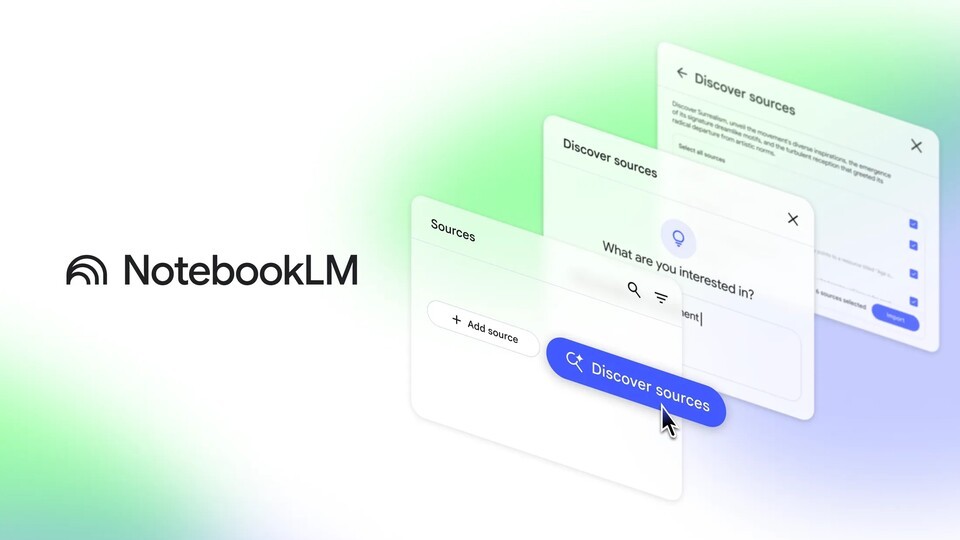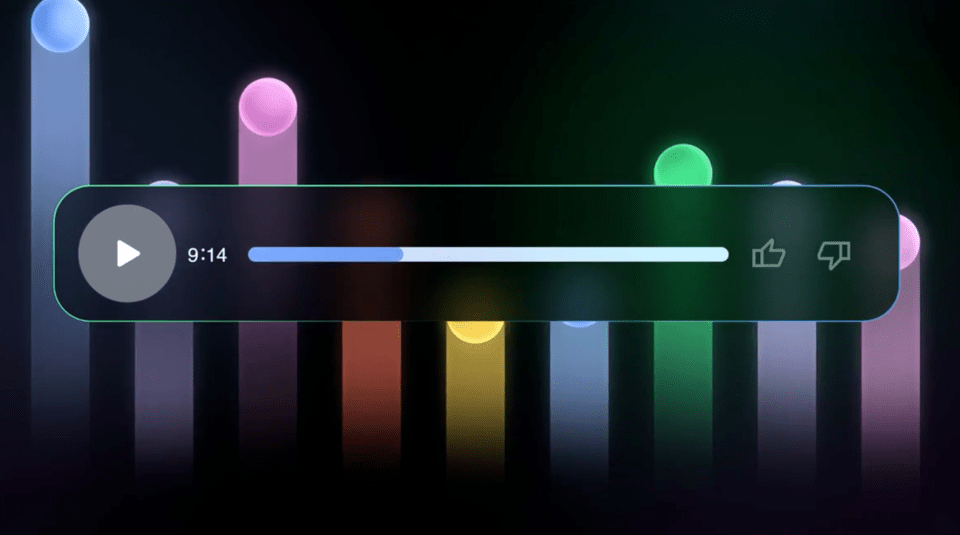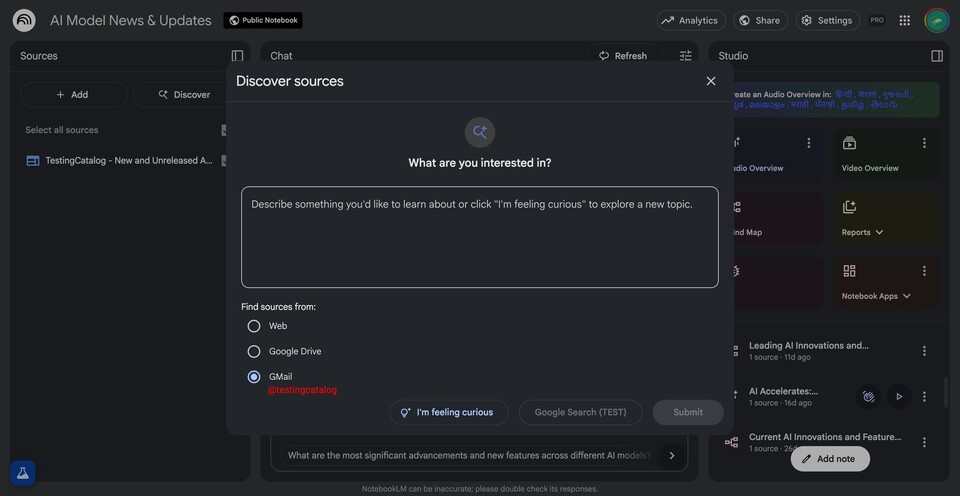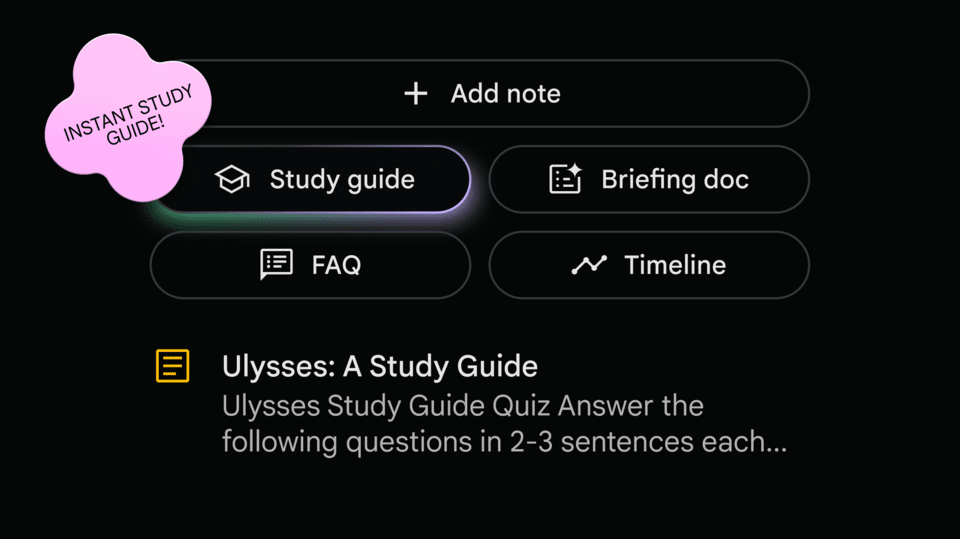The era where AI remembers and utilizes my data is upon us.
Google is reportedly preparing to integrate its AI chatbot “Gemini” with the personal knowledge management tool “NotebookLM.”
Analysis of the recently released beta version of the Android app (16.30.59.sa.arm64) revealed a new expansion option to link NotebookLM within the Gemini settings. This seems to allow users to use their research notes with interactive AI features.
This feature has not yet been activated, and Google has not officially announced its actual operation or official release schedule. However, Google’s direction of strengthening user research flow through connection between its services has been somewhat detected in previous updates.
The reason this integration attempt is attracting attention is due to the possibility of combining personal materials with real-time web information. Technical media like AndroidPolice believe that if this feature is implemented, users may request information from Gemini in real time while referring to documents stored in NotebookLM. This shows potential for developing beyond simple Q&A into providing composite information understanding the user’s context.
Users can make specific requests to Gemini such as, “Find articles based on the summary of my research in my notebook,” or “Read this document and create presentation material.” The AI provides responses based on the documents stored in NotebookLM while simultaneously searching the latest web information to present supplementary materials. This is a combination of personal archive and global knowledge.
This attempt is interpreted as an effort to complement the major limitation of AI assistant technology, which is the ‘lack of consistent user context.’ When the document-based information storage and citation function provided by NotebookLM is combined with Gemini, more profound analysis and responses are expected to be possible.
Prior to this integration, NotebookLM has been continually expanding its functionality. In April 2025, Google introduced a ‘Discover Sources’ feature to NotebookLM, which automatically searches relevant web content when a user describes an area of interest and recommends and summarizes up to 10 documents. Users can add them to their notes with one click, reducing the time it takes to secure research materials.

In addition, the Audio Overview feature has been enhanced. Previously limited to converting text to voice, it can now structure content in various ways such as ‘in-depth analysis,’ ‘discussion,’ and ‘critique.’ Users can finely adjust the tone, length, and summary style of the voice. When the upcoming video description and flashcard/quiz generation functions are added, its usability as a learning tool is expected to increase significantly.

NotebookLM is also expanding its connections with Google Drive, Gmail, and other aspects of the Google ecosystem as a document-based information collection tool. Particularly, the recently observed Gmail integration is expected to help integrate scattered email-based materials (such as paper feedback, schedules, lecture notes) into NotebookLM. Although direct linkage with Google Sheets has not been confirmed, there is an open possibility for full Drive integration.

NotebookLM is now also being extended to educational settings. From August 2025, Google has relaxed policies to allow users under the age of 18 to use NotebookLM. This allows all students, teachers, and educational institutions using Google Workspace for Education accounts to use NotebookLM.

Teachers can create customized AI assistants called ‘Gems’ tailored to each student’s learning style and distribute them as assignments through Google Classroom. Students can use this AI to summarize materials, ask questions, and receive related videos or summaries, naturally improving learning efficiency.
Furthermore, NotebookLM Plus, which supports advanced functionality, can store up to 500 notebooks and 300 material sources, making it suitable not only for learning but also for professional research or corporate data organization.
Unlike ChatGPT, NotebookLM operates based on the user’s documents and provides a ‘citation function’ that clearly displays the source. When summarizing documents, citations are automatically added, making it highly useful for report writing or collecting materials for thesis papers. On the other hand, ChatGPT lacks personalized document-based analysis or long-term memory capabilities.
Industry experts believe the combination of NotebookLM and Gemini could change the landscape of the AI assistant market, not just adding new features. The ability of AI to ‘remember’ personal documents and provide ‘contextual’ responses based on them is a high-level capability that existing chatbots could not provide.
Google is now advancing AI to work with user knowledge and data, summarizing, learning, and assisting in ways beyond simple information search or generation. The integration of NotebookLM and Gemini marks the starting point of this evolution.
AI is no longer just vague technology. It is evolving into a ‘personal assistant’ that remembers my data, organizes it my way, and summarizes and explains it when needed. In an era overflowing with information, the key is ‘how to organize and understand it,’ and Google is attempting to present the answer.